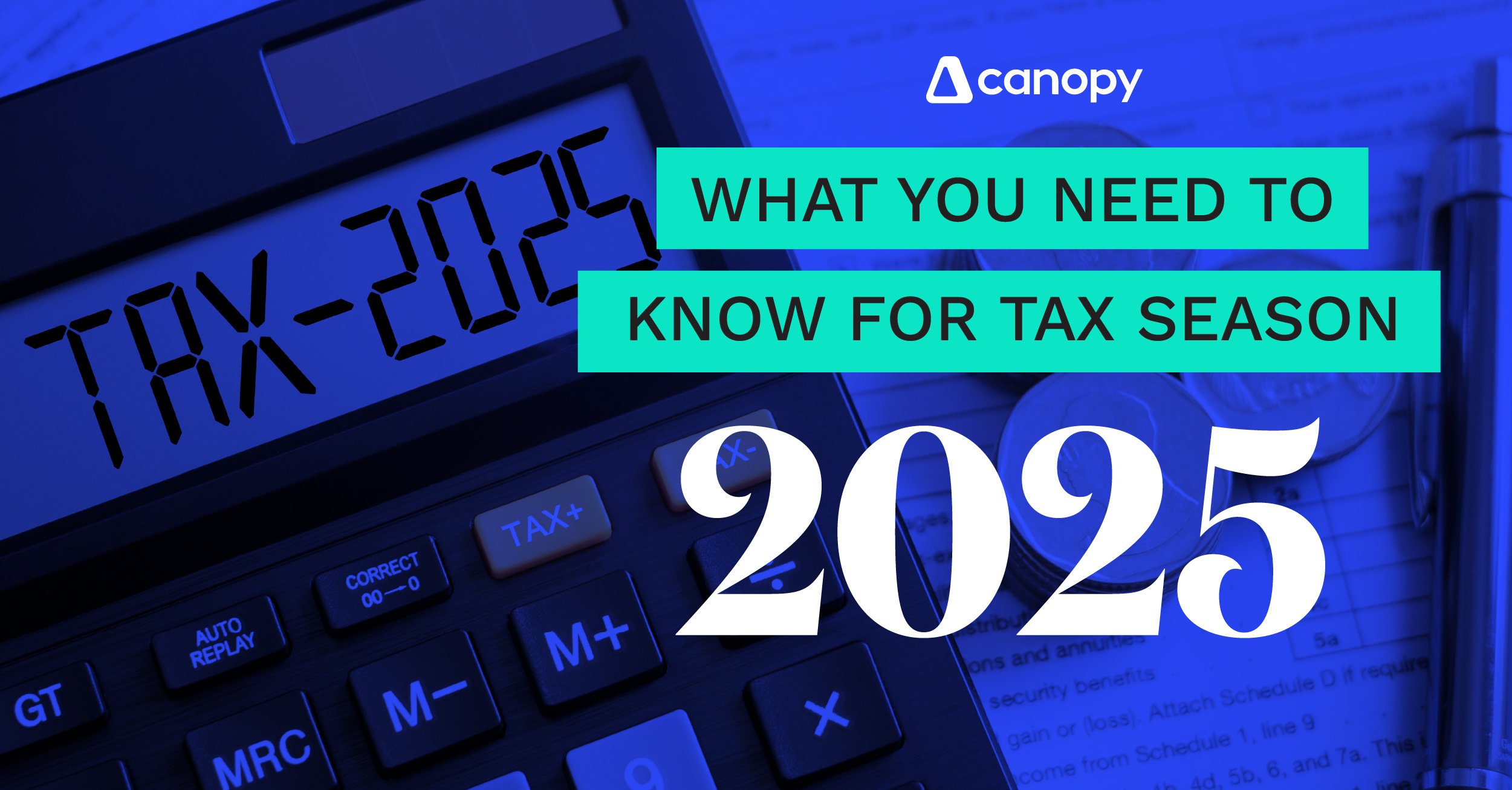There’s an old saying that goes: “You can never step in the same river twice.” This is certainly true for tax seasons. Every tax season is a brand-new experience, simply because tax law is constantly, endlessly, ceaselessly changing.
Here’s what you can expect to see this coming season. First, the 1040 form itself has undergone many changes. This past season, Line 1 consisted of one thing: wages. This coming season, it’s been expanded to no less than TEN sub-headings! And that’s just one of the many changes to the forms we use for individual taxpayers. Others:
-
-
The Qualifying Widow/Widower filing status has been renamed to Qualifying Surviving Spouse
-
There’s a new crypto question
-
There’s a new check-the-box for the lump sum election method for multi-year social security payments
-
The above-the-line charitable contributions are gone
-
Schedule 1 has five new lines
-
Schedule 2 has a new checkbox to let the IRS know that you’re not attaching Form 5329, Additional Taxes on Qualified Plans (Including IRAs) and Other Tax-Favored Accounts
-
All the pandemic legislation lines are gone
-
Schedule 8812, Credits for Qualifying Children and Other Dependents, has mostly reverted back to its pre-pandemic look
-
We’ve seen a change in other forms as well. Form W-4P is now used only to request withholding on periodic pensions or annuity payments. The form to request additional withholding on nonperiodic payments and eligible rollover distributions is Form W-4R. Form W-4R will allow taxpayers to elect any withholding from 0% to 100%, instead of the default rate of 10%.
Another interesting change is the increased number of continuous-use forms. Rather than having to get new forms every year in order to file a 1098, 1099-A, 1099-C, 1099-DIV, 1099-G, 1099-INT, 1099-K, 1099-MISC, 1099-NEC and 1099-S, the IRS will issue continuous use forms that can be used for all future years.
We have some brand-new energy credits coming in, thanks to the Inflation Reduction Act. The Energy Efficient Home Improvement Credit replaces the old lifetime credit of $500 with an annual limit of $1,200, with additional restrictions based on the type of energy property installed. The credit has also been extended to second homes in the United States, rather than just the primary residences. The Clean Vehicle Credit has replaced the old electric car credit. Rather than phasing out after the manufacturer sells 200,000 vehicles, this new credit requires vehicles to have a final assembly in North America, as well as mineral requirements and a minimum battery capacity requirement. The suggested retail price of the vehicle cannot exceed $80,000 for vans, SUVs, and trucks; $55,000 for other vehicles. This time around, there are MAGI limitations to claiming the credit ($300,000 joint filers, $225,000 HOH, $150,000 all others), with no phaseout. There’s even a new credit for used energy-efficient vehicles, with restrictions on the vehicle’s age (at least two years old), method of sale (through a dealer), and MAGI limitations ($150,000 joint filers, $112,500 HOH, $75,000 all others).
Tax extenders always keep us in suspense. The mortgage insurance premium has not (yet) been extended, but the principal residence indebtedness exclusion has been extended through the end of 2025.
Other items of interest include the startling changes brought to us by the SECURE Act; the dramatic reduction of the Form 1099-K de minimis exclusion, now just $600; the educator deduction went from $250 to $300.
And there’s always more to look forward to. We’ll wait with great interest to see what happens with SECURE 2.0, student loan forgiveness, and the potential new first-time homebuyer credit.
Stay tuned – and be sure to check out the CPE course on the individual tax updates for this coming season!








Get Our Latest Updates and News by Subscribing.
Join our email list for offers, and industry leading articles and content.